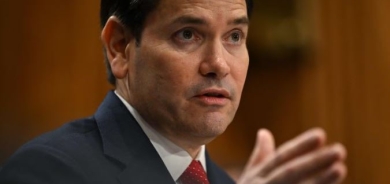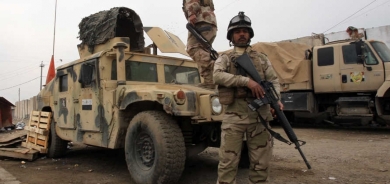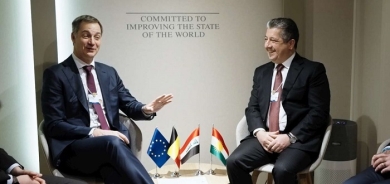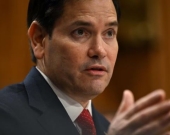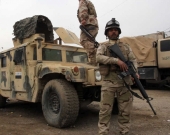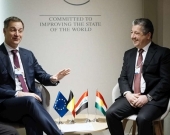Kirkuk Provincial Council Set to Convene Following Six-Month Delay

Kirkuk's provincial council is poised to hold its first session nearly six months after the local elections, following prolonged disputes among the province's diverse political factions. The impasse, which stems from the absence of a clear majority and deep-seated disagreements among the multi-ethnic communities, has hindered the formation of a local administration.
Provincial elections in Kirkuk were held in December, but since then, political parties have struggled to agree on the structure of the new council. To address the deadlock, Iraqi Prime Minister Mohammed Shia' al-Sudani has presided over three meetings with council representatives. His office in Kirkuk has now called for the council to convene next week.
"Kirkuk needs to resolve this issue and I think the Iraqi prime minister has a plan to work on this issue," stated Amir al-Jabouri, head of Sudani’s office in Kirkuk, to Rudaw. "We hope that the political forces in the next few days make a Kirkuki decision that will lead to a Kirkuki solution for the situation in Kirkuk."
The upcoming session aims to initiate council activities, with a mandate to elect a new governor within 30 days. According to Ahmed Kirkuki of the Patriotic Union of Kurdistan (PUK), Prime Minister Sudani may personally attend the session. "We expect the council members to meet early next week, but without making any political decisions, and there is a possibility that Mr. Sudani will visit the Kirkuk Provincial Council," he told Rudaw.
The urgency to hold the council’s inaugural session has been emphasized by the political parties, particularly before Sudani's anticipated visit. Last month, the Prime Minister chaired a meeting with Kirkuk’s political forces to set a date for the council’s first meeting, agreeing on a timeframe to begin the constitutional procedures for forming the local government.
A Turkmen council member, whose faction seeks the governor’s position, indicated that a consensus had been reached. "We have a consensus to hold a meeting of the provincial council and agree on a joint administration between the three components. Administrative and security posts should be divided by 32 percent, and the governor's post should be rotated among the three components," Arshad Salihi, head of the Turkmen Front, told Rudaw.
The proposed 32-percent division was suggested by former Iraqi president and PUK leader Jalal Talabani to foster coexistence and unity in Kirkuk following the 2003 US invasion. Since the fall of the Ba’athist regime, the governorship has alternated between Kurdish and Arab leaders, with no Turkmen ever holding the position.
In the recent elections, Kurdish parties secured seven seats—five for the PUK and two for the Kurdistan Democratic Party (KDP). A coalition of three Arab parties won six seats, while the minority Christian quota seat was taken by a candidate aligned with pro-Iran Shiite militia groups and the PUK.
As the council prepares to meet, the hope is that this session will pave the way for a stable and representative local administration in Kirkuk.


